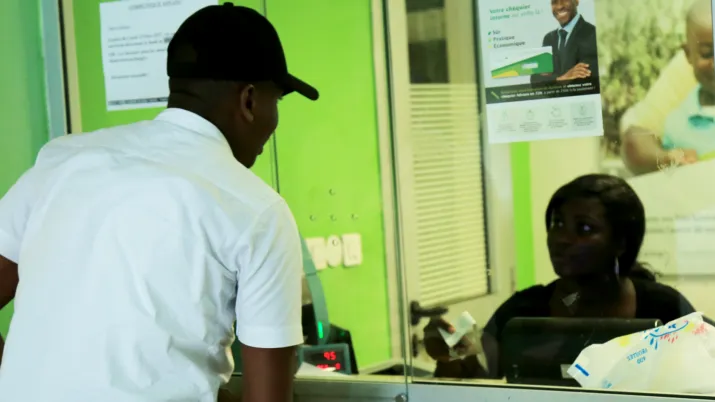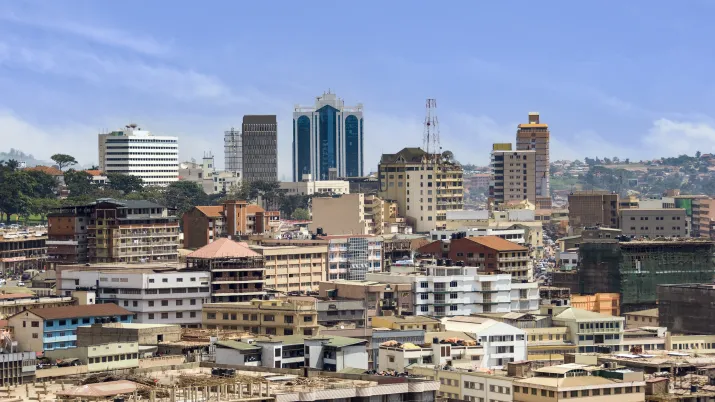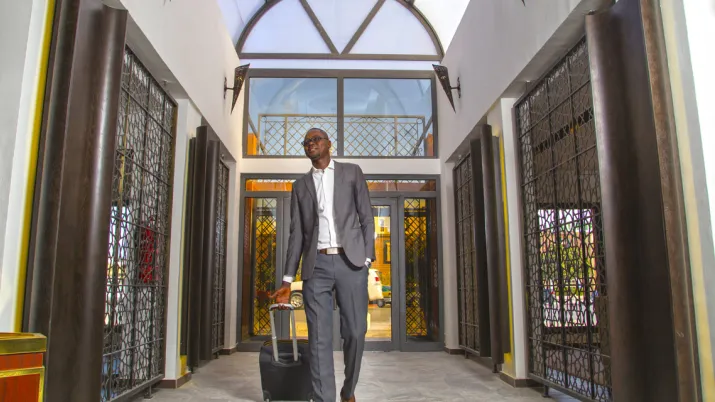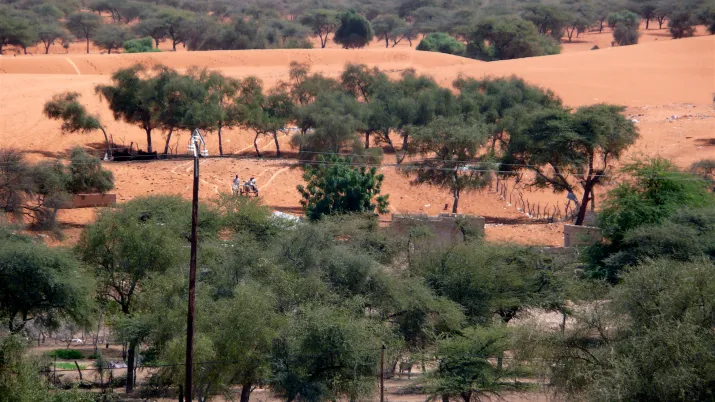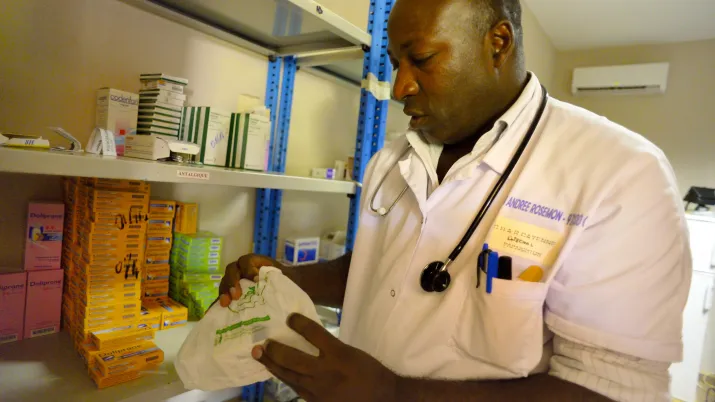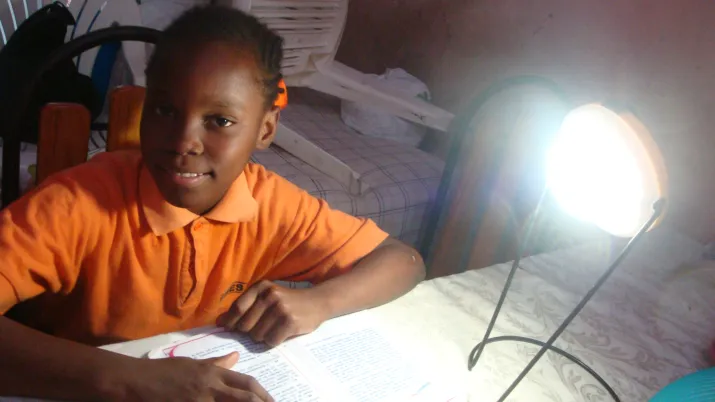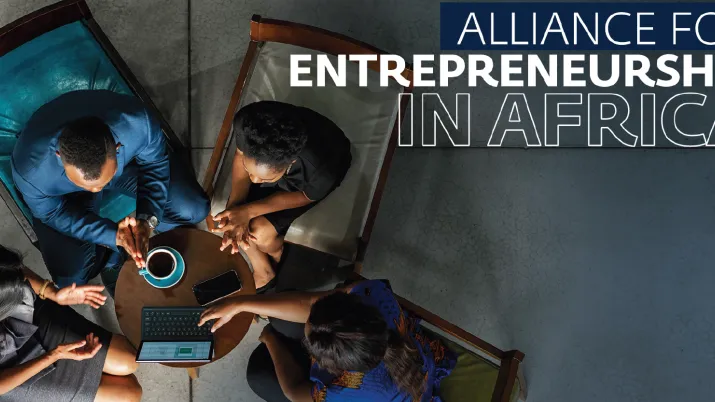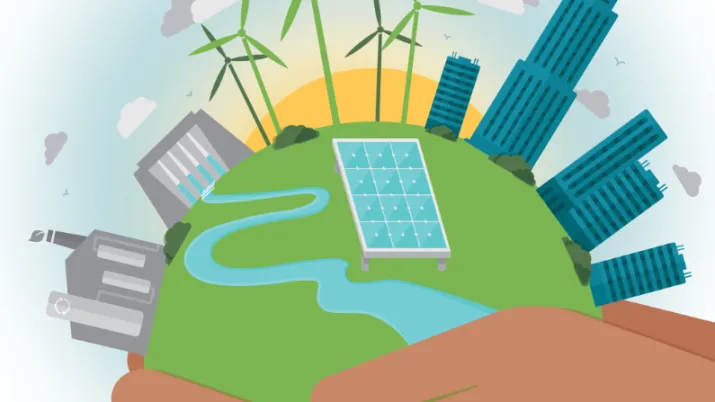Search results
532 results for "notre strategie"
Private equity and SMEs: an instrument for growth
Stabilising growth in Africa – growth which is real but fragile – depends partly on the dynamism of SMEs, which receive little in the way of private equity support. Funds' profitability can be enhanc...
News
Published on
Can Public-Private Partnerships Benefit Populations Excluded from Water Services?
Although public-private partnerships may have achieved relatively disappointing results in terms of extending access to water for poor populations, the arrival of private operators has nevertheless of...
News
Published on
Index Up40: the network of French start-ups focusing on African markets
Launched in 2016 by Medef International, Index Up40 brings together French start-ups operating in Africa. It has become a key network that facilitates synergies and supports French entrepreneurship on...
News
Published on
What are the main reasons for micro-business and SME loan default in Sub-Saharan Africa?
Micro- and small- and medium-sized businesses (micro-businesses and SMEs) are a vital part of Sub-Saharan Africa’s economic fabric but frequently suffer from poor access to funding and this represents...
News
Published on
Incentivising corporate landscape restoration
In the face of the accelerating global climate-biodiversity crisis, and faced with the loss of carbon sinks and ecosystems critical to human survival, there has never been a more urgent need to restor...
News
Published on
Project preparation funds: an effective solution for unlocking investment in sustainable infrastructure in Afr...
Financing of essential local services and sustainable infrastructure in African cities is not sufficient to meet current demand. Project preparation funds can provide both preliminary technical assist...
News
Published on
Orchestrating multi-player collaboration in water and sanitation in Latin America and the Caribbean
Irene Arias Hofman, CEO of IDB Lab, describes the Lab’s role in Latin America and the Caribbean, specifically in the water and sanitation sector of the region. This against the backdrop of IDB Lab’s f...
News
Published on
Tourism in Africa: a priceless resource with untapped potential
Although there has been a significant increase in tourism in Africa, the sector’s abundant potential remains largely untapped on the continent. Mossadeck Bally gives an overview of the challenges and...
News
Published on
Social business: the challenge of scaling up
Entrepreneurship can meet the needs of “base-of-the-pyramid” populations, provided the business in question has reached the critical size needed for profitability and sustainability. Examples of “incl...
News
Published on
Unlocking the potential of tourism in Zambia
Although Zambian authorities recognize the importance of tourism, the sector suffers from preconceived ideas. It is underperforming and only attracts 3% of tourists visiting Sub-Saharan Africa. And ye...
News
Published on
Rural electrification in Africa: An economic development opportunity?
Electricity is expensive and difficult to access in Sub-Saharan Africa. Improving infrastructures would accelerate the electrification of rural areas but requires a high level of funding. Decentralise...
News
Published on
Growing a Business in a Growing Industry
Sub-Saharan Africa contains 11 % of the world's population but bears 24 % of the global disease burden¹ (World Bank). A recent the International Finance Corporation (IFC) study, with McKinsey, estimat...
News
Published on
Pioneer role of DFIs in sub-Saharan Africa
Growth in emerging markets is currently leading the financial development institutions (FDIs) to re-focus their efforts on low-income countries – bringing sub-Saharan Africa to the fore once again. FD...
News
Published on
The role of development finance institutions in good governance for microfinance
Development finance institutions, via their involvement in the sector, give microfinance greater access to private financing. They also play a decisive role in the governance of microfinance instituti...
News
Published on
Counterfeit drugs – a global public health scourge
Along with Asia and Latin America, Africa is currently one of the regions most affected by the trade in counterfeit drugs which account for almost one-third of pharmaceutical products on sale in these...
News
Published on
The diversity of social business: the case of Madagascar
Despite a troubled macroeconomic and political environment, Madagascar possesses a fairly diversified, dynamic economic fabric in comparison to other countries with a similar level of development. Thi...
News
Published on
Proparco, IFC, African and European Partners Launch Alliance to Support Private Sector Growth in Africa
To support a stronger private sector, entrepreneurship and the growth of small and medium-sized businesses across Africa, African, European, multilateral and bilateral partners today launched the Alli...
News
Published on
Proparco and Digital Africa join forces to provide a range of financing solutions for startups "Made in Africa...
As part of its 2022-2025 roadmap, Digital Africa will support 200 African startups at different stages of their growth with a wide range of offers at their disposal. Thanks to a joint and sustainable...
News
Published on
International Collaboration of DFIs agree new steps to increase the resilience of economies threatened by the ...
The Group of G7 Development Finance Institutions working together under the DFIs+ Adaptation and Resilience Collaborative has put forward a practical plan to the G7 on actions to accelerate investment...
News
Published on
Privately-produced renewable energy in Africa: a credible alternative to traditional projects?
In Africa, many independent energy supply projects have grown up alongside state-controlled programmes. Sector-based reforms designed to boost production of renewable energies have been a boon for suc...
News
Published on




